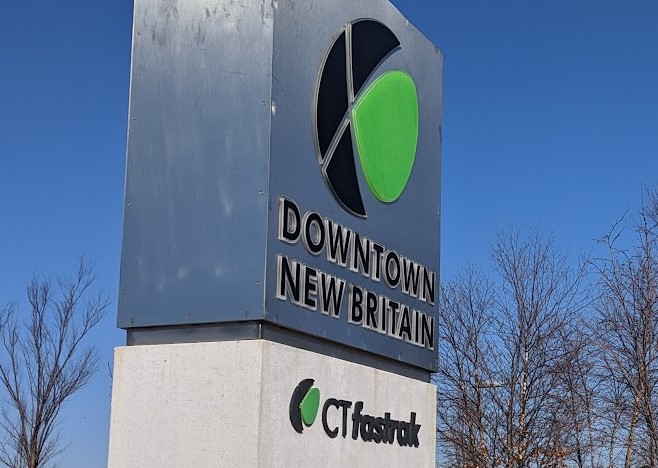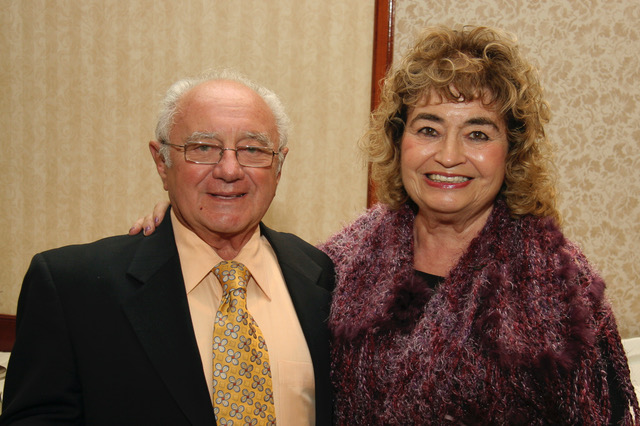
Op-Ed: A National Mesothelioma Registry Could Combat Misdiagnosis and Improve Health Outcomes of New Britain Veterans
By Jonathan Sharp
Veterans in Connecticut—particularly in New Britain—face a public health crisis that has been overlooked for far too long. Asbestos exposure, which many endured while serving at contaminated military bases, has left them vulnerable to mesothelioma, a devastating and often misdiagnosed cancer. Making this more tragic is that several veterans discover their condition only when it has already advanced to a late stage where treatments become fewer and less effective, and survival chances significantly diminish. Addressing this issue requires the federal government to establish a national mesothelioma registry—a systemic approach that can help track and screen at-risk individuals so they can receive early and accurate diagnoses and promptly undergo appropriate treatment.
Understanding the Dangers of Mesothelioma
Mesothelioma is a malignant tumor that predominantly grows in the mesothelium or the protective lining of abdominal cavities, chest walls, and heart sacs. Studies show this cancer is almost exclusively associated with exposure to asbestos—a naturally occurring fibrous mineral once marketable because of its excellent durability and heat resistance. Tragically, detecting this most deadly form of asbestos cancer is complicated due to its long latency period. Its symptoms—including painful and consistent coughing, chest pains, tiredness, and unintentional weight loss—may take 10 to 50 years to manifest after initial exposure. Because these cases are rare, healthcare providers often confuse them with other ailments, causing mesothelioma to progress rapidly and making it harder to treat.
This issue has sounded an alarm to veterans in Connecticut, particularly in New Britain. Between 1999 and 2017, the Constitution State witnessed 3,865 asbestos-related deaths, with 715 linked to mesothelioma. Hartford County, home to New Britain, registered 804 fatalities—the highest death toll in the state. These figures emphasize a critical public health issue that impacts many veterans. This population currently makes up about 30% of the nearly 3,000 annual mesothelioma diagnoses nationwide. Many of these former service members may have been exposed to asbestos at contaminated military sites like the New Britain Armory. And even though no official documentation can confirm asbestos history at this facility, its construction in 1887 places it squarely in an era when harmful minerals were widely used, which raises concerns about potential exposure. Such a possibility calls for a system that can monitor all susceptible veterans stationed in perilous environments and help them get accurate diagnoses and appropriate treatment without delay.
The Deadly Repercussions of Misdiagnosis
Early detection is crucial in the battle against mesothelioma, yet it remains one of the significant challenges as the disease is frequently misdiagnosed. Its initial symptoms are generally non-specific and sometimes resemble other illnesses like viral pneumonia, causing doctors to provide inaccurate findings.
Recent data reveal that 80.8% of stage 1 mesothelioma cases were misdiagnosed and later “upstaged” to a more advanced stage. Nearly 70% of stage 2 patients also faced the same issue. Even 35.4% of those at stage 3 and 12.8% at stage 4 were incorrectly assessed and received erroneous diagnoses. For patients, these misdiagnoses are especially concerning as these can delay critical care, limit eligibility for effective treatments and therapies, and increase the emotional and financial burden.
The Importance of a National Mesothelioma Registry
Establishing a national mesothelioma registry is one effective solution to combat the persistent misdiagnosis issues as it can identify and monitor susceptible veterans to prioritize them for regular screenings. Such a database can also integrate with existing systems already created by the federal government to streamline data management and improve access to critical patient information. In addition, the registry would provide researchers with access to vital data essential for their studies on early detection, treatment efficacy, and amplified health outcomes.
With these benefits, the federal government—through the Department of Veterans Affairs and the Department of Defense—must implement such an initiative immediately. Authorities must recognize the fact that a national registry is not simply a tool for data collection but a decisive action to give a lifeline to vulnerable veterans needing help. Yet bringing this system into fruition requires collaboration with key stakeholders—including veteran service organizations, medical institutions, public health experts, and advocacy groups—to get insights and networks needed to ensure the registry is comprehensive and effective. Their involvement would also help build trust within the veteran community, drive awareness, and design an output with patient-centered priorities in mind.
The nation must remember that our veterans risked their lives for the welfare of Americans—they should not have to fight for the healthcare they rightfully deserve. If we truly honor their service, we must meet it with meaningful care.
Jonathan Sharp is the CFO of the Environmental Litigation Group P.C., a firm in Birmingham, AL, assisting victims in pursuing toxic exposure cases.



